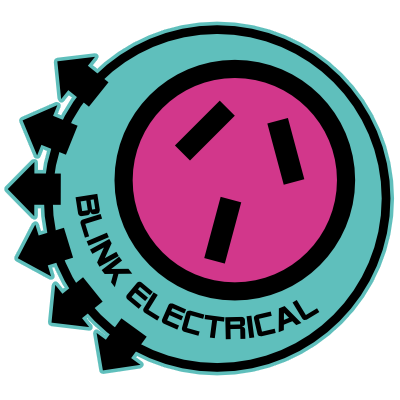Common Electrical Problems In The Home - And how to fix them
As homeowners, we rely heavily on electricity to power our daily activities, and when an issue arises, it can be both frustrating and potentially dangerous. Electrical problems range from flickering lights to even more severe concerns like electrical shocks or house fires.
In this article, we discuss some of the most common electrical problems we may face and hand over our tips on fixing them.
Circuit Overload: Overloads are a common electrical problem in some homes. These occur when too many electrical appliances are connected to a single circuit, causing it to become overloaded and trip the breaker. To fix this issue, we can identify an existing circuit that isn't fully utilised or install extras to add more capacity.
Flickering Lights: Can be caused by faulty lights, worn-out switches, or loose wiring. All of these issues will need to be fixed by a licenced electrician. Loose wiring can pose a severe risk and needs to be addressed immediately.
Electric Shocks: Anything that causes electric shocks indicates a serious electrical problem, such as faulty wiring or a ground fault. If you experience an electrical shock when touching an appliance or outlet, turn off the power to the circuit and contact a licensed electrician to diagnose and repair the issue.
Tripping Breakers: If your circuit breaker trips frequently, it may be a sign of a damaged appliance, an overloaded circuit, an electrical fault, or a faulty breaker. Try unplugging appliances in your home to resolve the problem. If that doesn't resolve the issue, contact a licensed electrician to diagnose and repair the issue.
Electrical problems can pose a serious issue for homeowners. By being aware of the common electrical problems in homes and knowing how to fix them, you can ensure the safety and reliability of your electrical system. To address more complex electrical problems, consult a licensed electrician to diagnose and repair the issue.

